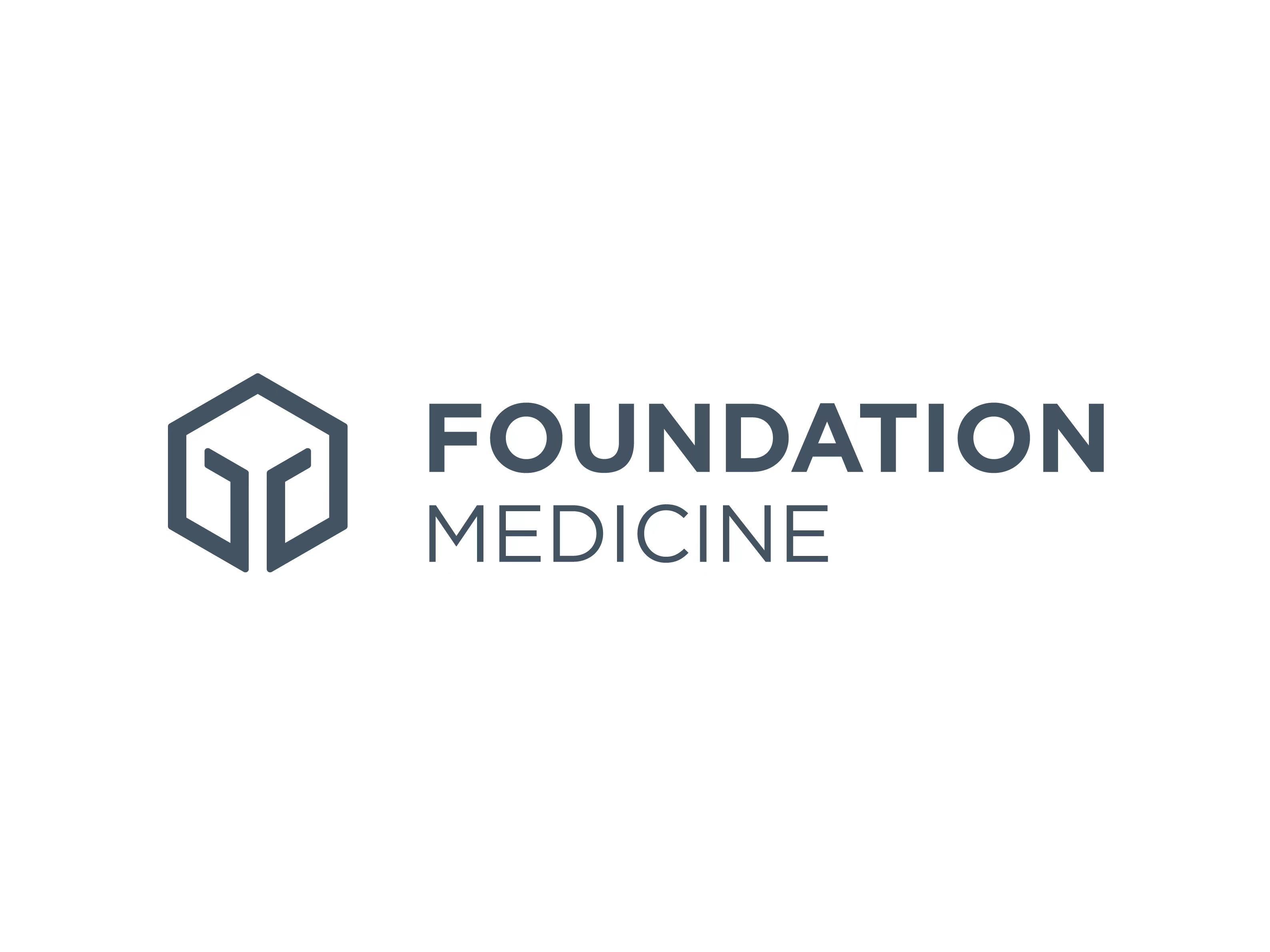



Foundation Medicine, Inc. today announced that it has received approval from the U.S. Food and Drug Administration (FDA) for FoundationOne®Liquid CDx to be used as a companion diagnostic for Itovebi™ (inavolisib) in combination with palbociclib (Ibrance®) and fulvestrant, a therapy developed by Genentech, a member of the Roche group, which has been contemporaneously approved for the treatment of adult patients with endocrine-resistant, PIK3CA-mutated, hormone receptor (HR)-positive, human epidermal growth factor receptor 2 (HER2)-negative, locally advanced or metastatic breast cancer, as detected by an FDA-approved test, following recurrence on or after completing adjuvant endocrine therapy.
Approximately 70% of all breast cancers are hormone-receptor positive, HER2-negative. PIK3CA is the most commonly mutated gene in hormone-receptor positive, HER2-negative breast cancer, with approximately 40% of patients harboring this mutation.
¡°This approval reinforces the importance of testing for PIK3CA mutations at the time of diagnosis to help guide decision-making in the first-line setting for metastatic breast cancer patients,¡± said Mia Levy, Ph.D., M.D., chief medical officer at Foundation Medicine. ¡°Our high-quality liquid biopsy companion diagnostic relies on a routine blood draw to identify patients with PIK3CA mutations, enhancing broader access to genomic testing while allowing more patients to benefit from this new best-in-class first-line treatment regimen.¡±
Foundation Medicine is the only company with an FDA-approved portfolio of tissue and blood-based comprehensive genomic profiling tests. From a routine blood sample, FoundationOne Liquid CDx analyzes more than 300 cancer-related genes to provide genomic insights.
With this approval, Foundation Medicine has seven companion diagnostic indications for breast cancer, the most of any comprehensive genomic profiling company. Foundation Medicine is the global leader in approved companion diagnostic indications with more than 60% of all approved U.S. companion diagnostic indications for next-generation sequencing (NGS) testing.
¡°Given the high prevalence of PIK3CA mutations in hormone receptor-positive, HER2-negative breast cancer, the introduction of a new targeted treatment regimen in the first-line setting will have a profound impact on this patient population,¡± said Jean A. Sachs, MSS, MLSP, chief executive officer at Living Beyond Breast Cancer. ¡°Biomarker testing plays an important role in helping patients and their families make personalized treatment decisions based on their individual cancer, and we¡¯re encouraged to see Foundation Medicine continue to expand its approved companion diagnostic indications in breast cancer.¡±